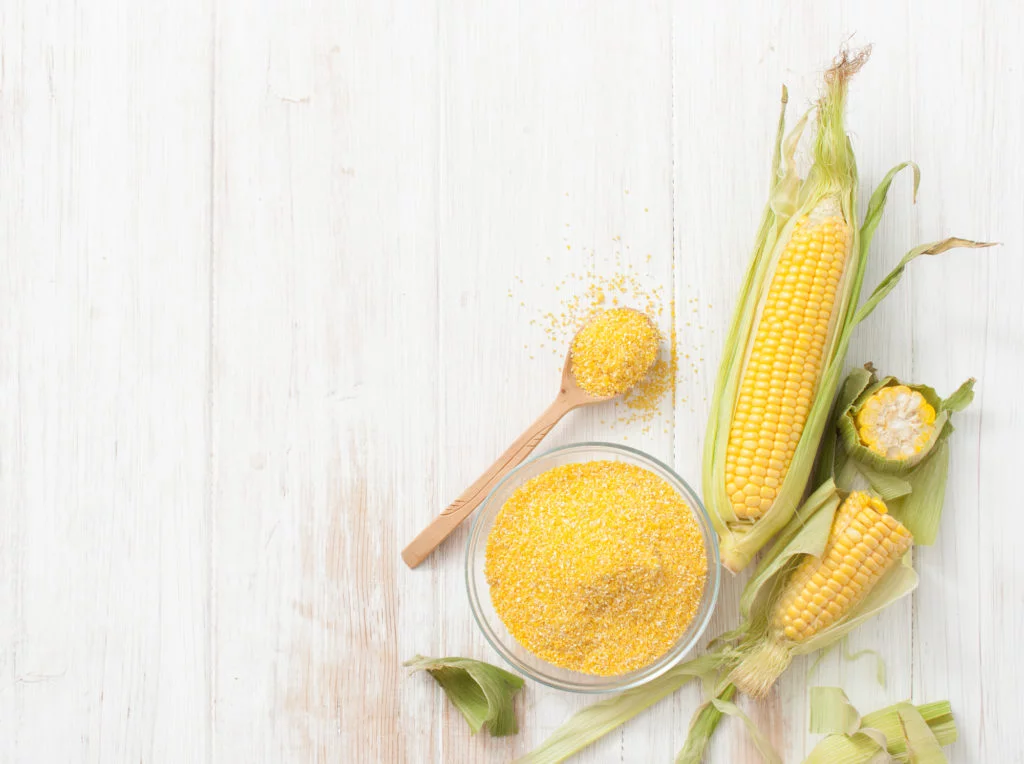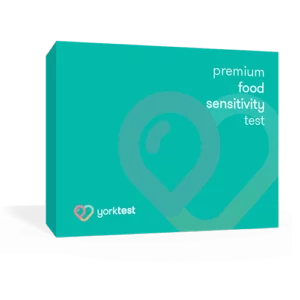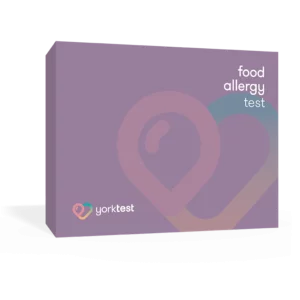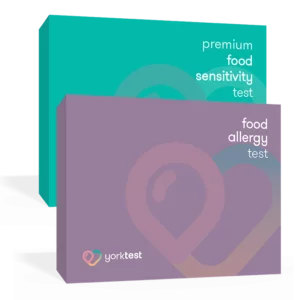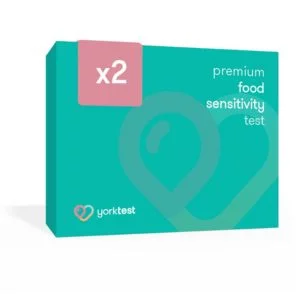Signs and Symptoms of Corn Intolerance
The signs and symptoms of corn intolerance typically develop gradually and manifest several hours after consuming corn or corn-derived products, unlike allergic reactions, which can be immediate and severe.Intolerance symptoms can be dose-dependent, meaning the severity may increase with the amount consumed.
The gastrointestinal system bears the primary burden of corn intolerance, as the body struggles to digest or process corn components sufficiently. While symptoms can vary significantly between individuals, they persist until the triggering food has passed.
The corn intolerance symptoms that are most commonly reported include:
- Bloating and abdominal distension
- Diarrhea or constipation
- Headaches and fatigue
- Skin issues like rashes or eczema
- Joint pain and muscle aches
The onset and duration of symptoms can vary significantly, with some individuals experiencing reactions within a few hours of consumption while others may not notice effects until the following day.
How Corn Allergy Symptoms Are Different
Corn allergy symptoms typically manifest within minutes to two hours after exposure, triggered by an immune system response to corn proteins, particularly zein. Unlike food intolerances, allergic reactions can be immediate and potentially severe, as the body releases immunoglobulin E (IgE) antibodies to combat what it perceives as harmful substances.
While most reactions are mild to moderate, some individuals may experience severe symptoms requiring immediate medical attention. The severity can vary significantly between individuals, and reactions may occur from direct consumption or contact with corn-derived products.
Studies show it doesn’t take much to trigger a reaction.[2] The most common symptoms of an allergic reaction to corn are:
- Hives and skin rashes
- Swelling of lips, tongue, or throat
- Respiratory issues (wheezing, difficulty breathing)
- Digestive problems (nausea, vomiting)
- Dizziness or lightheadedness
- In severe cases, anaphylaxis
It’s crucial to note that individuals with asthma or eczema may have a higher risk of developing corn allergies.[3] Proper medical diagnosis and management are essential for those experiencing these symptoms.

